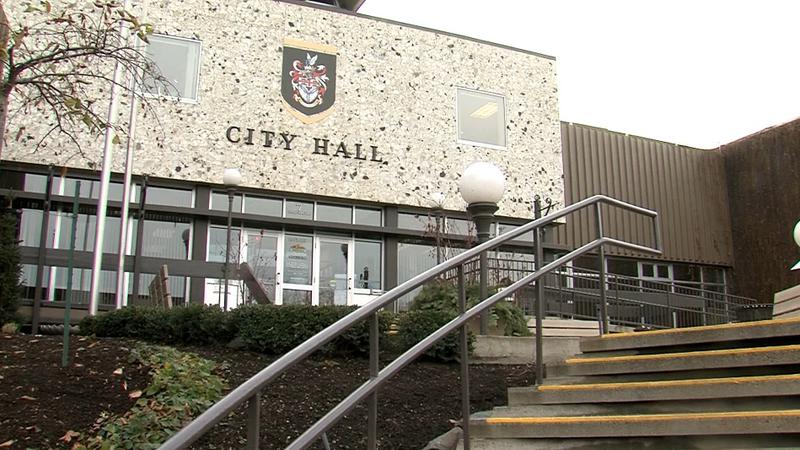
ROTHENBURGER: Shutting down City’s Facebook comments is the wrong move
HERE WE GO AGAIN with Internet incivility. This time, the City of Kamloops has banned commenters from its Facebook page.
I think it’s the wrong move, but let’s look at the reasons. On Wednesday, the City posted anotice stating comments would be disabled due to “a decline in civility.” This incivility, according to the City, “affects many things, including our staff’s mental health, job seekers’ perception of Kamloops, the spread of misinformation, and participation levels from those respectful users who are interested in understanding information about our programs and services.”
There’s truth in that statement. Words can hurt. When commenters get overzealous, they can over-reach. They forget to stick to the issues. When you go into politics, you’d better have a thick skin, or grow one quickly. In this Internet age, it’s more necessary than ever before. You learn to roll with it.
And when you work for a public organization, you’ll need to do the same. Public servants are disrespected almost as much as politicians. It’s hard, though, for Joe and Josephine Lunchbucket, going to work for a paycheque, doing their best to do a good job, to accept or even understand being trolled.


